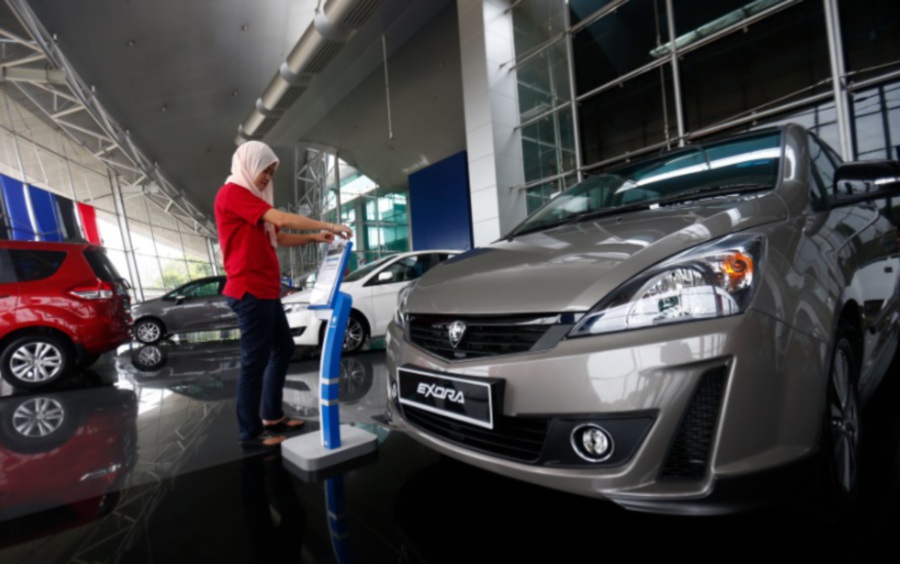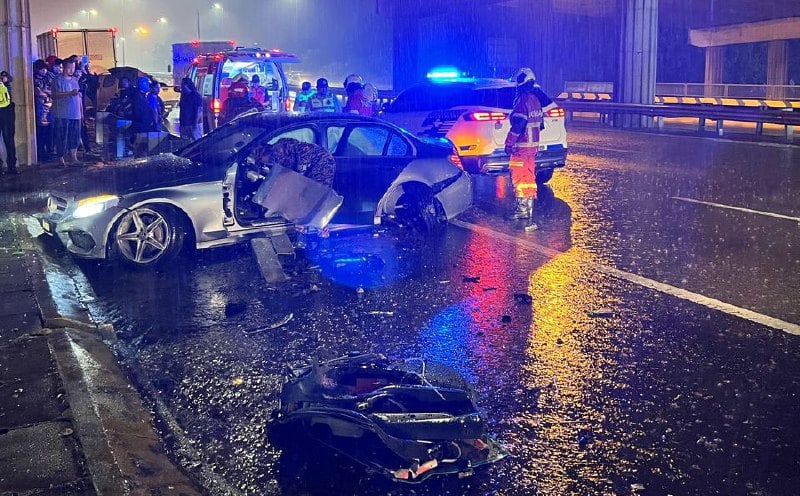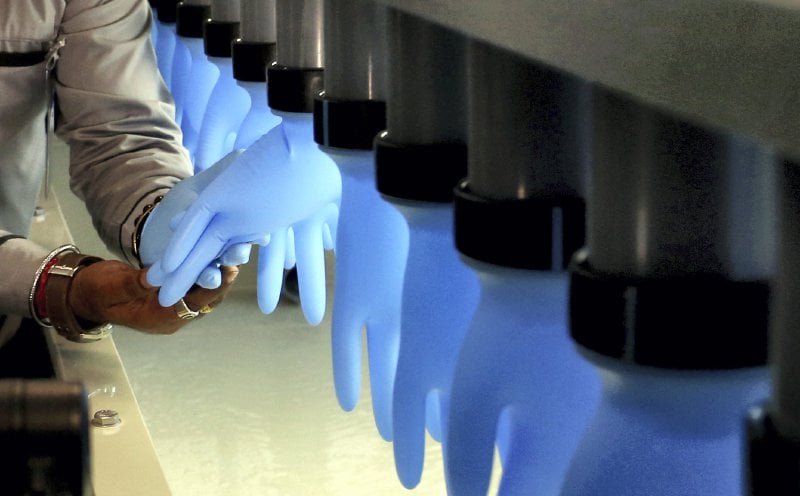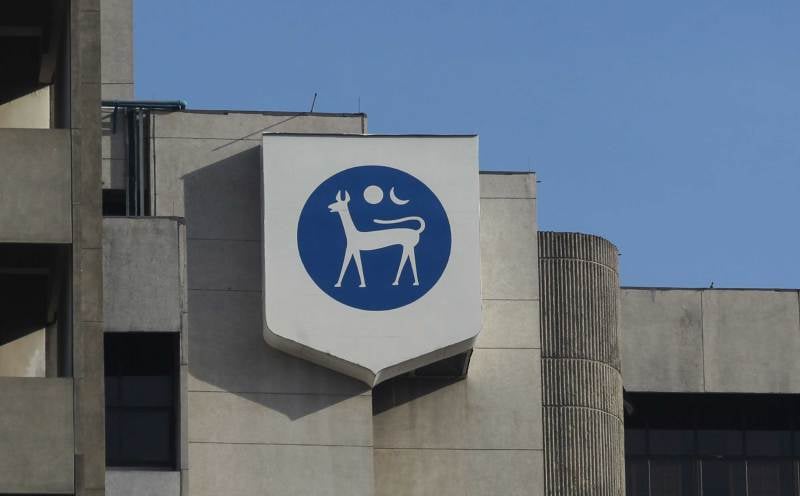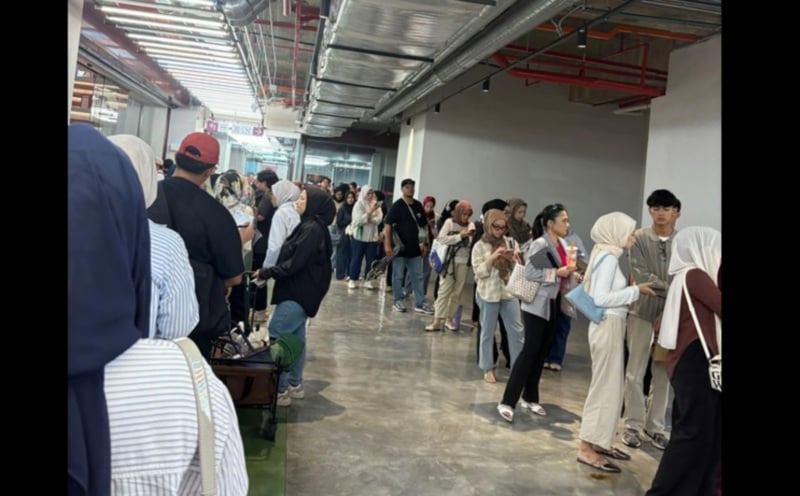KUALA LUMPUR: Any plans to impose certain conditions on the entry of foreign cars will stunt the country's automotive industry, Malaysian Automotive Association president Datuk Aishah Ahmad said.
Aishah deemed such efforts to protect the interest of national carmakers Proton Holdings Bhd and Perusahaan Automobil Kedua Sdn Bhd as regressive for the overall industry.
"Restrictions are a regressive step for the automotive market, and I do not think it's time for the government to stop the entry of foreign car makers into the country,” Aishah said when met after meeting with the Government Advisory Council here yesterday.
"The market liberalisation step is the best way for the automotive industry. If we want to create a conducive automotive industry we need to make it towards liberation to make the market more developed.
"For example, Thailand and Indonesia have open automotive markets which enables them to expand their industry fully," she added.
Aishah was responding to Prime Minister Tun Dr Mahathir Mohamad's announcement that the govbernment might consider restrictions on foreign car imports to protect the country's "infant industry",
Dr Mahathir, in a question and answer session at the Dewan Rakyat yesterday, said the main cause of the failure of the local automotive industry was the overly open government policies by allowing foreign vehicles to be brought in without any restrictions or conditions.
Malaysia had liberalised its automotive industry over the past decade, allowing for cheaper imports but at the expense of Proton which struggled to stay afloat as it faced increased competition.
"The situation caused Proton's performance to decline because it had to compete with imported cars from major automotive companies," said the Prime Minister.
Proton received a boost last year, when Chinese automaker Zhejiang Geely Holding Group Co Ltd bought a 49.9 per cent stake in the company. The deal marked Geely's first push into Southeast Asia.
Aishah believes that a car from any carmaker was regarded as a local car if its assembly was done in the country.
"Even though we talk about foreign cars, they have done a lot of local components," she said.
Citing an example, she said vehicles with local components of 70 -80 per cent should not be regarded as foreign.
"Most foreign car brands have factories in Malaysia, providing jobs for about 710,000 workers (in the ecosystem including vendors), so what they did was similar to Proton and Perodua," he said.
Aishah added that Proton was no longer owned by the government, and therefore it needed to be allowed to compete liberally with other carmakers.
She said the national car project did not contribute much in terms of exports to other markets.
"Since the project is implemented, the export of national car cars is only around 20,000 to 30,000 units a year, compared to Thailand and Indonesia which export 1.3 million units and over 100,000 units of vehicles respectively to the world market," she added.
Aishah noted that the automotive sector contributed RM6 billion a year in the form of taxes to government revenues.


